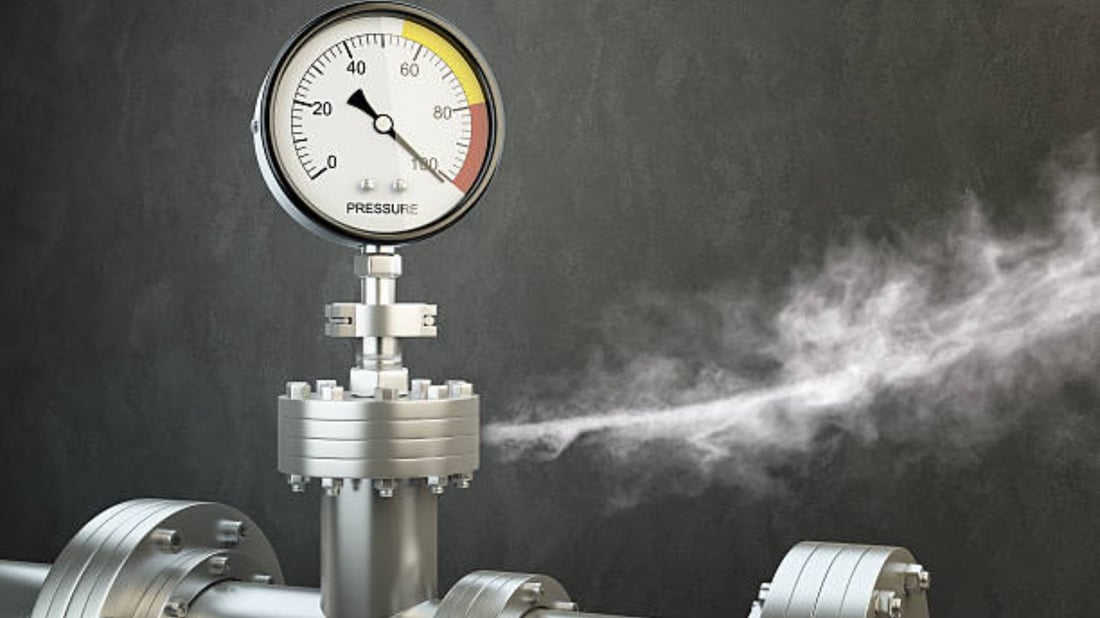Overview
A high pressure filter is a type of filter that is designed to work in situations where the pressure is high, such as in hydraulic or fuel oil systems. Typically, a high pressure filter is used to filter out debris, sediment, or other contaminants that can damage the system. These filters are commonly used in industrial and manufacturing settings, as well as in certain types of vehicles and equipment.
How Does a High Pressure Filter Work?
A high pressure filter works by trapping contaminants as fluid flows through it. The filter typically consists of a housing and a filter element. The housing is designed to withstand high pressure, while the filter element is engineered to remove contaminants from the fluid. The filter element is often made of a porous material, such as a mesh or paper, which allows fluid to flow through it, while capturing debris and other contaminants. The filtered fluid then continues on its way, while the captured contaminants remain in the filter.
Types of High Pressure Filters
There are several different types of high pressure filters, each designed for specific applications. Some common types include:
- Spin-on filters - these filters are self-contained and easy to replace, making them a common choice for vehicles and other equipment.
- In-line filters - these filters are designed to be installed directly in a fluid line, and are often used in hydraulic systems and fuel oil systems.
- Suction filters - these filters are designed to be installed directly on a fluid reservoir, and are used to filter fluid as it is drawn into the system.
- Return line filters - these filters are located near the fluid reservoir, and are used to filter fluid as it returns to the reservoir.
When is a High Pressure Filter Necessary?
A high pressure filter is necessary anytime a system operates at high pressure and is at risk of accumulating debris or other contaminants. For example, hydraulic systems require high pressure filters to prevent damage to pumps, valves, and other components. Fuel oil systems also require high pressure filters to prevent clogged fuel injectors, and other issues that can arise from contaminated fuel. Other systems that may require high pressure filters include refrigeration systems, compressed air systems, and lubrication systems.
Benefits of High Pressure Filters
Using a high pressure filter offers several benefits, including:
- Protection against damage to system components
- Improved system performance
- Reduced maintenance costs
- Extended system life
- Improved system reliability
Maintenance of High Pressure Filters
Maintenance of high pressure filters is critical to their performance and longevity. Depending on the type of filter, maintenance can involve replacing the filter element, cleaning the filter housing, or replacing the entire filter. Regular maintenance can help to prevent clogging, reduce the risk of system damage, and ensure that the system is operating at peak performance.
Choosing the Right High Pressure Filter
Choosing the right high pressure filter depends on several factors, including the type of system, the flow rate, and the level of contamination. It is important to choose a filter that is designed for the specific application, and to choose a filter that can handle the required flow rate without impeding system performance.
Conclusion
A high pressure filter is a critical component of any system that operates at high pressure. These filters help to protect against system damage, improve performance, and extend system life. By choosing the right high pressure filter, performing regular maintenance, and ensuring that the filter can handle the required flow rate, you can help to ensure that your system operates at peak performance and efficiency.

